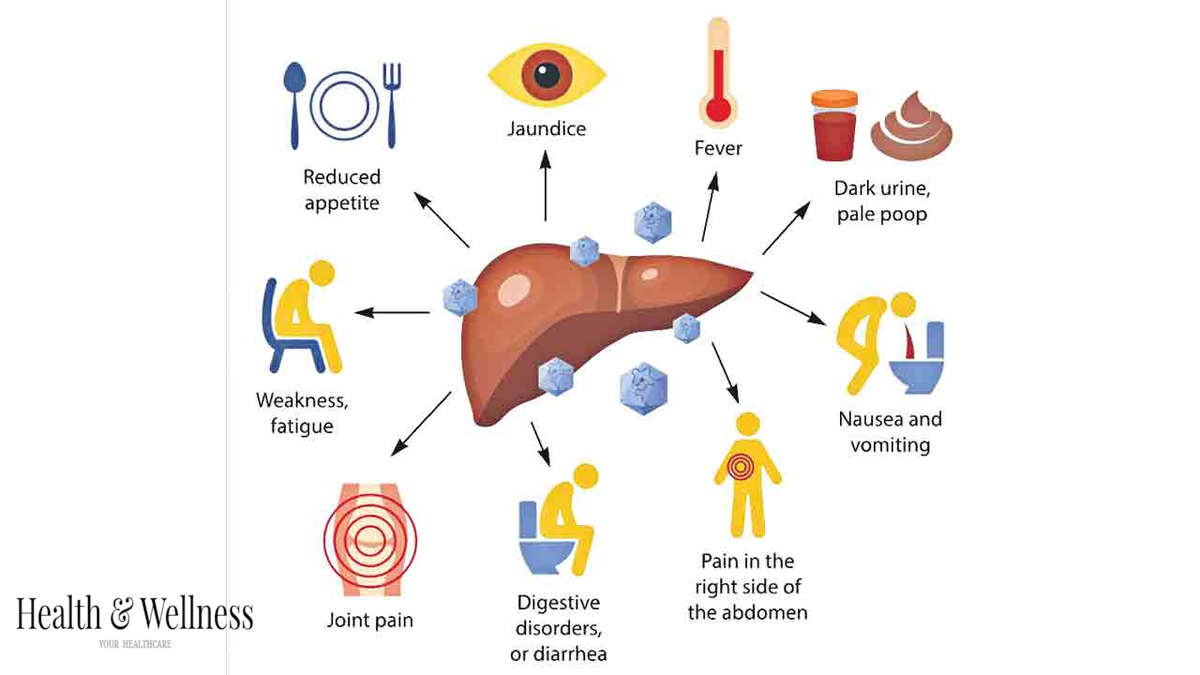Due to “procedural reasons,” nearly 930,000 Californians were denied Medi-Cal coverage this year.

Examine this article in Spanish.
Early in December, Florinda Miguel took her 6-year-old daughter to the dentist for a usual checkup, only to discover that her Medi-Cal coverage had expired.
She was caught off guard by it. It had been nearly four years since she had to renew her children’s Medi-Cal coverage. The resident of Los Angeles claimed she couldn’t remember receiving any notices or documentation for renewals in the mail this year.
“I’m not sure if it was sent or misplaced. Miguel remarked, “I don’t know, but I didn’t grasp it.
Miguel decided to put off her daughter’s dental exam until she could get her Medi-Cal reactivated because, in the absence of coverage, it would have cost $60 plus the expense of any additional work that would have been required.
States that oversee lower-income Medicaid enrollees, often known as Medi-Cal in California, resumed their yearly eligibility reviews this spring. The federal government had suspended these inspections in 2020 to let users to continue receiving their benefits automatically during the COVID-19 pandemic.
Six months into the renewed qualifying process, thousands of Californians who qualify are now learning that their insurance has been cancelled because of incomplete or missing paperwork. Frequently, this discovery occurs during doctor visits.
State statistics indicates that nearly 930,000 people have had their Medi-Cal coverage terminated this year. Nearly 90% of them had their coverage revoked for “procedural reasons,” which were mostly issues with paperwork. According to KFF, a health policy research organisation (previously known as the Kaiser Family Foundation), California has the fourth highest percentage of terminations nationwide due to procedural difficulties.
According to the KFF tracker, of Californians eligible for Medi-Cal renewals, 47% kept their coverage, 15% were removed due to paperwork issues, 2% were no longer eligible, and 35% are still pending review.
If a person loses their Medi-Cal coverage but is still qualified, they can reactivate it within a grace period of ninety days, provided they mail or submit any missing information. In October, 15.1 million Californians were included in the programme.
“The message during COVID was to ignore everything and not to worry.” We told people not to worry for almost four years, and then all of a sudden, they had to worry,” stated Celia Valdez, the head of education and outreach for the nonprofit Maternal and Child Health Access in Los Angeles. Her group assisted Miguel in getting her children’s Medi-Cal reinstated. However, she noted, incidents similar to Miguel’s are typical.
“Many [enrollees] are reporting, ‘I went to the doctor and they told me that I couldn’t fill my prescription.
Advocates also point out that county offices occasionally do not process documents that were turned in close to the deadline.
The nonprofit children’s advocacy group Children’s Partnership released a study last week detailing the experiences parents and guardians had when renewing Medi-Cal for their families. The research listed a number of challenges that parents claimed led to their children’s loss of coverage, such as missed calls, lengthy wait times for calls, unclear instructions, restricted access to interpreters, discriminatory sentiments, and ignorance.
The research claims that coverage gaps resulted in missed prescriptions, service delays, and family out-of-pocket expenses.
According to Huang of the Department of Health Care Services, the state is attempting to expand the number of individuals for whom eligibility and income may be automatically verified through state electronic databases, allowing coverage to be renewed for free.
“Historically, our [automatic renewal] rates have been lower than many other states; it’s likely that they have access to more electronic sources and databases,” Huang stated. She mentioned that in order to expand the number of cases that can be renewed automatically, the state has been obtaining technological support and automation advice from the federal government.
According to Huang, “that just lessens the administrative burden on our counties as well as our members.”
According to Valdez and other health activists, there are large gaps in the resources available to help those in need or with inquiries. Calling county Medi-Cal offices, she added, could result in hours-long waits, and her organization’s ability is restricted in filling in the gaps. Individuals who are not in contact with an enrolling counsellor or advocate may become disoriented during the process.
Director of patient access at AltaMed Health Services, a clinic system in Los Angeles and Orange counties that offers enrollment services, Kimberley Graham, noted that one of the most common issues and remarks from people seeking assistance is that there is too much paperwork or that it is too complex.
The state agency that manages the Medi-Cal programme, the California Department of Health Care Services, according to assistant deputy director Yingjia Huang, stated that people who are being disenrolled for “procedural reasons” typically fall into multiple categories, including those who are new to the programme and might not be aware that they must now respond to yearly reviews.
According to Huang, some individuals may already have health insurance via their jobs and are not completing their applications because they do not require Medi-Cal or meet the eligibility requirements. Additionally, some people who relocated during the pandemic could not have gotten the renewal notice this year because they forgot to update their county Medi-Cal office with their new address.
And they’re at a loss about what to do. The packets are frequently opened but are entirely blank, according to Graham. “The next query is, ‘Does this need to be done annually?'”






